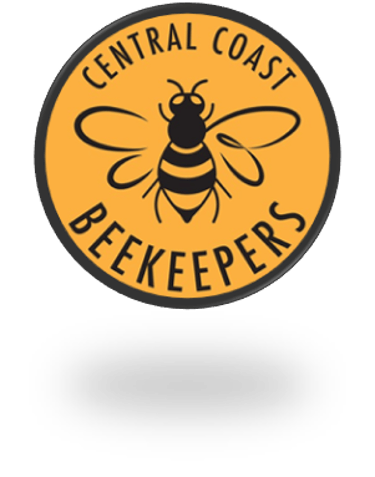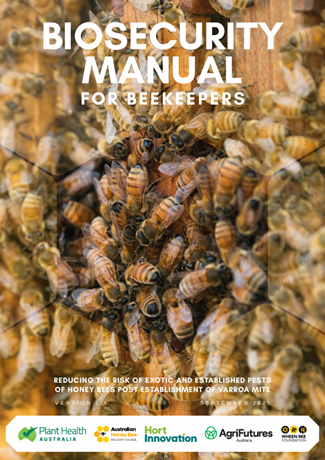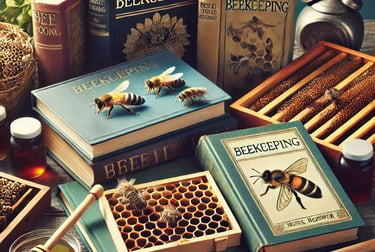Resources
Amateur Beekeepers Australia
NSW Department of Primary Industries
Don't get stung - Bee Registered
Understand why as beekeepers, we need to be registered and find links to register
The Biosecurity Manual for Beekeepers provides information for the industry and producers about biosecurity practices and honeybee pests.
The manual is for anyone who keeps honey bees in Australia, from commercial operators, to backyard enthusiasts and people starting up their first hives.
Each and every beekeeper has a role to play in protecting honey bees from established and exotic pests. Incorporating these recommended biosecurity processes into day-to-day operations is the best way to protect individual beekeepers, regional biosecurity and the Australian honey bee industry as a whole.
The Biosecurity Code of Practice (the Code) has been developed in consultation with beekeepers and governments to provide a framework for Australian beekeepers to use best-practice biosecurity measures.
The Code has been developed to incorporate fundamental biosecurity principles into the practices of all Australian beekeepers.
Training and planning
Reducing exposure of bees to pests and diseases
Controlling pests and diseases
Controlling the spread of undetected disease in an apiary
Keeping accurate records
Hive and equipment maintenance
Some sections of the Code are already mandatory under existing state and territory legislations. Some parts of the Code apply to all beekeepers; others apply only to beekeepers with 50 or more hives.
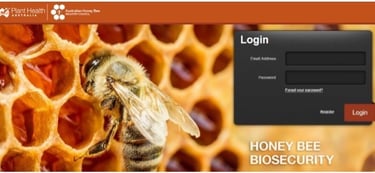

The Biosecurity for Beekeepers online training is now free for all Australian beekeepers.
The honey bee biosecurity training module contains information that is present in the biosecurity manual in an online format and questionnaire. Its aim is to maximise the early detection of exotic bee pests (specifically Varroa mites), and minimise the spread of potential pest incursions though improved understanding of the importance of biosecurity, best management practices and basic awareness of key pest threats.Write your text here...
For more information about BOLT, or to complete the honey bee biosecurity module click here
Biosecurity Manual for Beekeepers
Biosecurity Code of Practice
Beekeepers Online Training (BOLT)
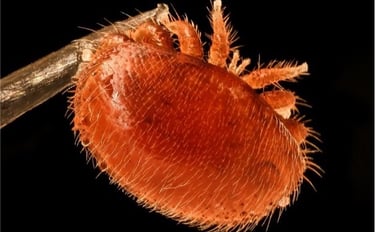

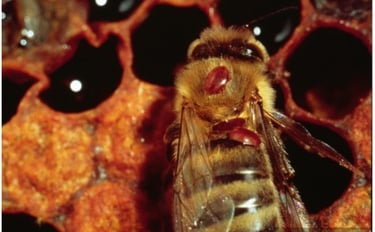

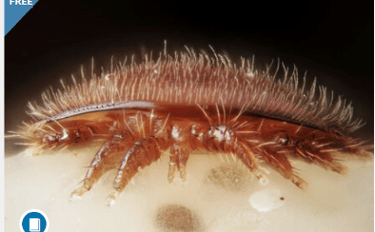


It can be argued that Varroa mites are the most serious pest of honey bees worldwide. Varroa mite infests honey bee colonies in every major beekeeping area of the world.
In this introduction to Varroa Destructor by the DPI, learn about the Varroa mite;
what is the Varroa mite?
how is it characterised?
how is it spread?
where is it found?
how is it treated?
The DPI Primefact sheet provides a more in depth understanding of the Varroa mite. In this fact sheet, learn about the mite's lifecycle and how it affects your bee colony. Learn about the signs and symptoms of mite infestation and how to monitor your bees. This fact sheet is a valuable resource to read.
Varroa Destructor
This short Varroa Mite Introduction to Management online course will assist you to build confidence in:
Varroa surveillance
Monitoring for arrival
Monitoring mite loads for management/treatment
Integrated pest management
Considerations as a beekeeper in your obligations in Varroa management
Tocal College FREE online course
Sign up for this course today!
American Foul Brood
The NSW DPI site describes American foulbrood (AFB) as a fatal and incurable brood disease of European honey bees (Apis mellifera). Sadly, AFB is present in Australia.
Any hive can contract AFB and the disease can decimate an apiary. AFB spores are spread in contaminated honey and apiary products, hive parts and equipment. Robbing out of weak hives is a key means of spread. A single infected hive can quickly infect nearby hives as healthy bees rob out the contaminated honey. As more and more hives contract the disease, the cycle perpetuates leading to serious outbreaks that can impact entire regions.
See the NSW DPI's AFB Awareness Month for more information.
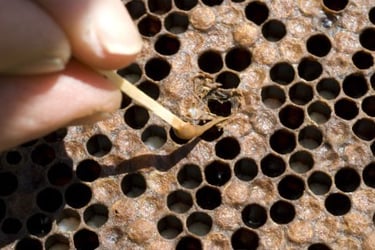

Central Coast Beekeepers Club
Club Library Book List
Our club has a vast selection of library books, magazines, videos (CD's) etc. These are all available for loan to members only at our monthly club meetings. For a complete catalogue list click HERE
